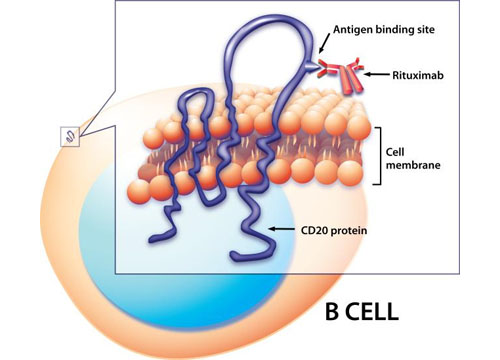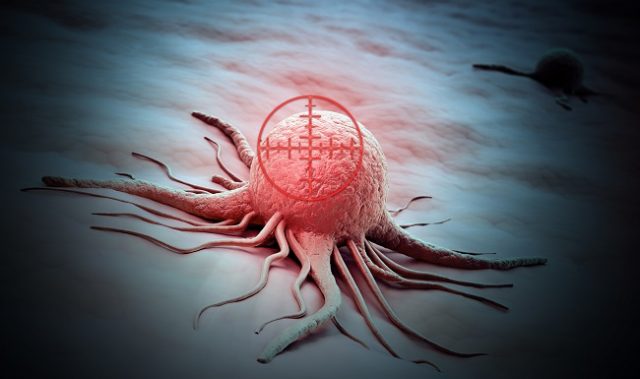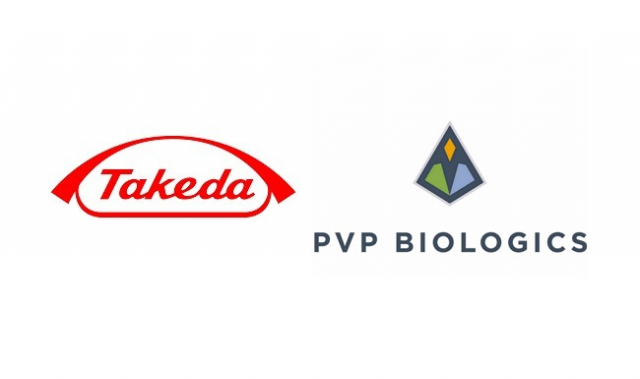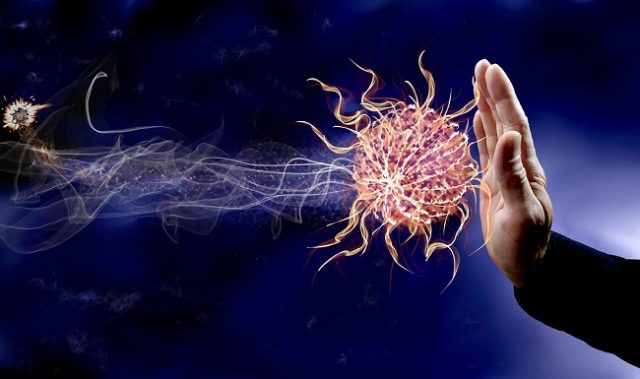
AsianScientist (Mar. 5, 2013) – Osaka-based Takeda Pharmaceutical Company Limited and U.S. biotech Resolve Therapeutics, LLC have entered into a partnership to develop compounds for the treatment of lupus and other autoimmune diseases.
The lead compound, RSLV-132, is a nuclease Fc fusion protein that degrades and eliminates autoantibody-containing immune complexes, which are thought to be the most proximal pathophysiological trigger of lupus. It will begin clinical development later this year. Additional Resolve clinical candidates are in the pre-clinical proof-of-concept stage.
Resolve will conduct all development work under the collaboration until completion of the first RSLV-132 Phase 1b/2a trial in lupus patients. Takeda has the exclusive option to license the lead compound and all other compounds from the Resolve platform upon the completion of the Phase 1b/2a trial. Upon exercise of its option, Takeda would assume lead responsibility for worldwide development and commercialization of the Resolve products.
Under the terms of the agreement, Takeda will help fund continued development of RSLV-132 through an initial payment of US$8 million to Resolve in fiscal 2012. Upon exercise of its option, Takeda would pay Resolve an option exercise fee, plus the potential for additional development milestones totaling US$247 million. Furthermore Resolve is eligible to receive royalties on product sales.
“This collaboration with Resolve is very exciting as its innovative pipeline of nuclease fusion proteins has the potential to provide a new approach to helping lupus patients” said Tetsuyuki Maruyama (former name: Paul Chapman), Ph.D., General Manager of the Pharmaceutical Research Division at Takeda.
Lupus is an autoimmune disease that can affect any part of the body. The course of the disease is unpredictable, with periods of illness (called flares) alternating with remissions. Current treatments only manage the symptoms of lupus.
The disease occurs nine times more often in women than in men, especially in women aged 15 to 35, and is also more common in those of non-European descent. It is estimated that at least five million people worldwide have a form of lupus.
——
Source: Takeda Pharmaceuticals.
Disclaimer: This article does not necessarily reflect the views of AsianScientist or its staff.












